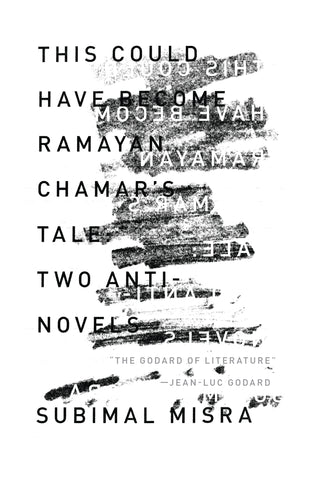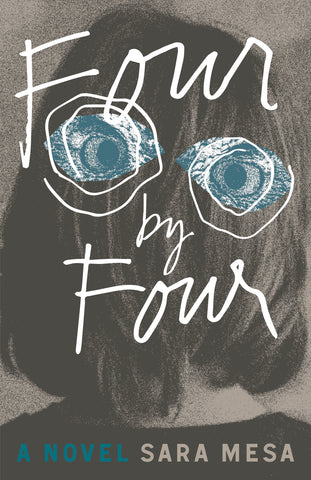This Could Have Become Ramayan Chamar’s Tale: Two Anti-Novels
$15.95
July 14, 2020
fiction | pb | 296 pgs.
5.5" x 8.5"
978-1-948830-15-7
Subimal Misra—anarchist, activist, anti-establishment, experimental anti-writer—is one of India's greatest living writers. This collection of two "anti-novels" is the first of his works to appear in the U.S. "This Could Have Become Ramayan Chamar's Tale" is a novella about trying to write a novella about a tea-estate worker turned Naxalite named Ramayan Chamar, who gets arrested during a worker's strike and is beaten up and killed in custody. But every time the author attempts to write that story, reality intrudes in various forms to create a picture of a nation and society that is broken down and where systemic inequalities are perpetuated by the middle- and upper-classes which are either indifferent or actively malignant. "When Color Is a Warning Sign" goes even further in its experimentation, abandoning the barest pretense of narrative and composed entirely as a collage of vignettes and snippets of dialogue, reportage, autobiography, etc. Together these two anti-novels are a direct assault on the vast conspiracy of not seeing that makes us look away from the realities of our socio-political order.
Translated from the Bengali by V. Ramaswamy
•
About the Author:
Subimal Misra is a Bengali novelist, short story writer, and essayist. He's considered by many to be one of most important, and experimental, Bengali writers of all time. Heavily influenced by Jean-Luc Godard and William S. Burroughs, Subimal Misra uses various cinematic techniques, like montage, jump-cut etc., in his literary works. The author of more than a dozen books, this is the first collection of his to appear in the United States.
About the Translator:
V. Ramaswamy is a nonfiction writer and translator based in Kolkata, India. As an activist working for the rights of the laboring poor, Ramaswamy has written about workers, squatters, slums, poverty, housing and resettlement, and has been at the forefront of efforts to envision and initiate the rebuilding of his city from the grassroots. Since 2005, he has been translating the short fiction of the Bengali anti-establishment experimental writer, Subimal Misra, whose critical eye examines the society, politics and culture of his time.





